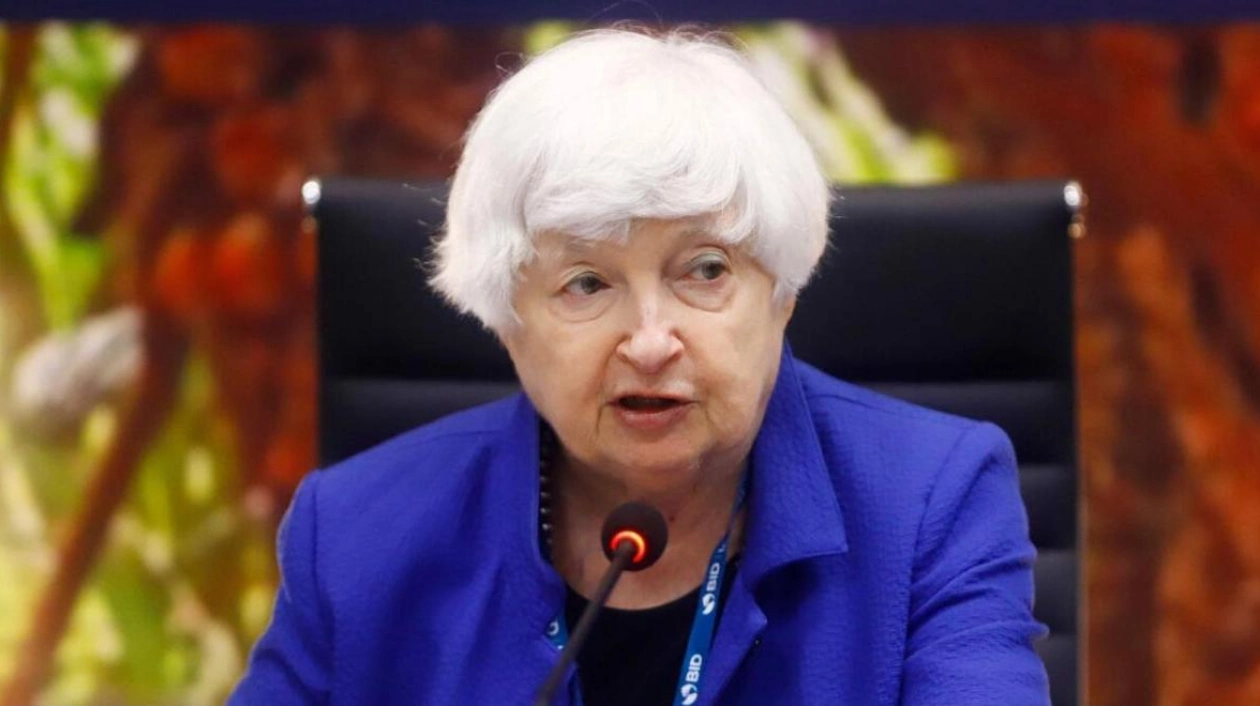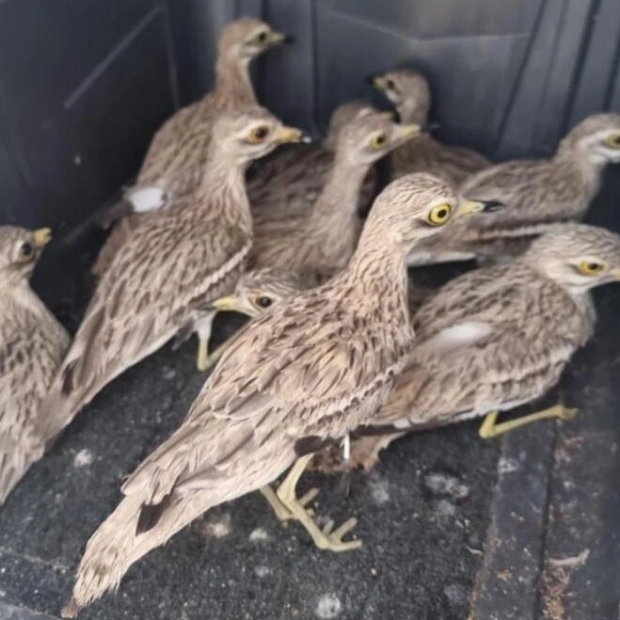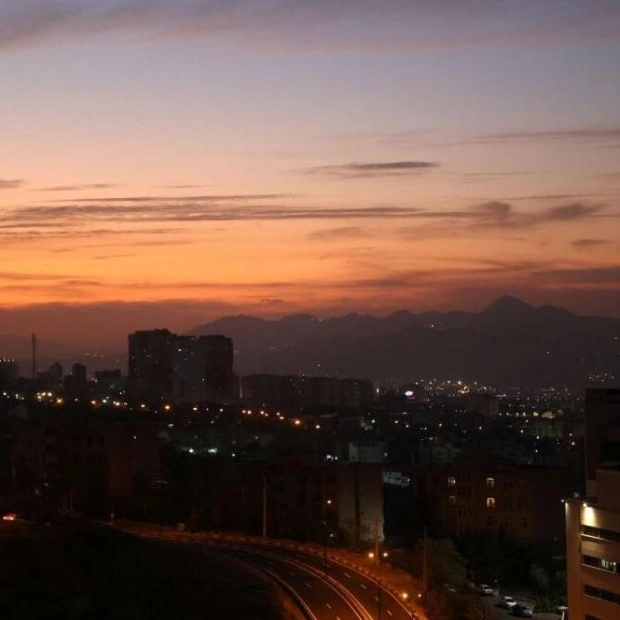U.S. Treasury Secretary Janet Yellen stated on Saturday that the global shift towards a low-carbon economy necessitates $3 trillion in new capital annually until 2050, significantly exceeding current annual funding levels. However, she emphasized that bridging this gap represents the most significant economic opportunity of the 21st century. Yellen made these remarks in Belem, the Amazon gateway city in Brazil, where she highlighted that achieving net-zero emissions remains a top priority for the Biden-Harris administration, which requires international leadership beyond U.S. borders.
"Ignoring climate change and the loss of nature and biodiversity is not only poor environmental policy but also poor economic policy," Yellen declared during a speech following the G20 finance leaders meeting in Rio de Janeiro on Thursday and Friday. In 2022, wealthy economies contributed and mobilized a record $116 billion for climate finance in developing countries, with 40% originating from multilateral development banks (MDBs). Yellen noted that these banks, including the World Bank and the Inter-American Development Bank (IDB), are setting new targets.
The required financing represents "the single-greatest economic opportunity of the 21st century" and can be utilized to promote sustainable and inclusive growth, particularly for countries starved of investment, she explained. During her visit to Belem, Yellen met with finance ministers from Amazon basin countries and the IDB President, Ilan Goldfajn. She reaffirmed the U.S. commitment to the bank's Amazonia Forever platform, which offers comprehensive support for sustainable development in the region through financing, project preparation, and collaboration.
"We are optimistic that this program will encourage increased private-sector investment in the region that supports nature," she added. Nearly two years ago, Yellen urged MDBs to broaden their missions and lending capabilities to combat climate change. She stated that this objective is now integral to their operations, but substantial private investment is still needed. The Treasury, Brazil's finance ministry, and other stakeholders are working to enhance private sector engagement.
Yellen also advocated for the banks to stimulate new business models that mobilize investments supporting nature and biodiversity while bolstering economies and facilitating climate transitions. Earlier on Saturday, Yellen initiated a new program with Amazon basin countries—Brazil, Colombia, Ecuador, Guyana, Peru, and Suriname—to combat nature crimes such as illegal logging and the harvesting of wildlife and minerals, which threaten biodiversity and the Amazon ecosystem.






